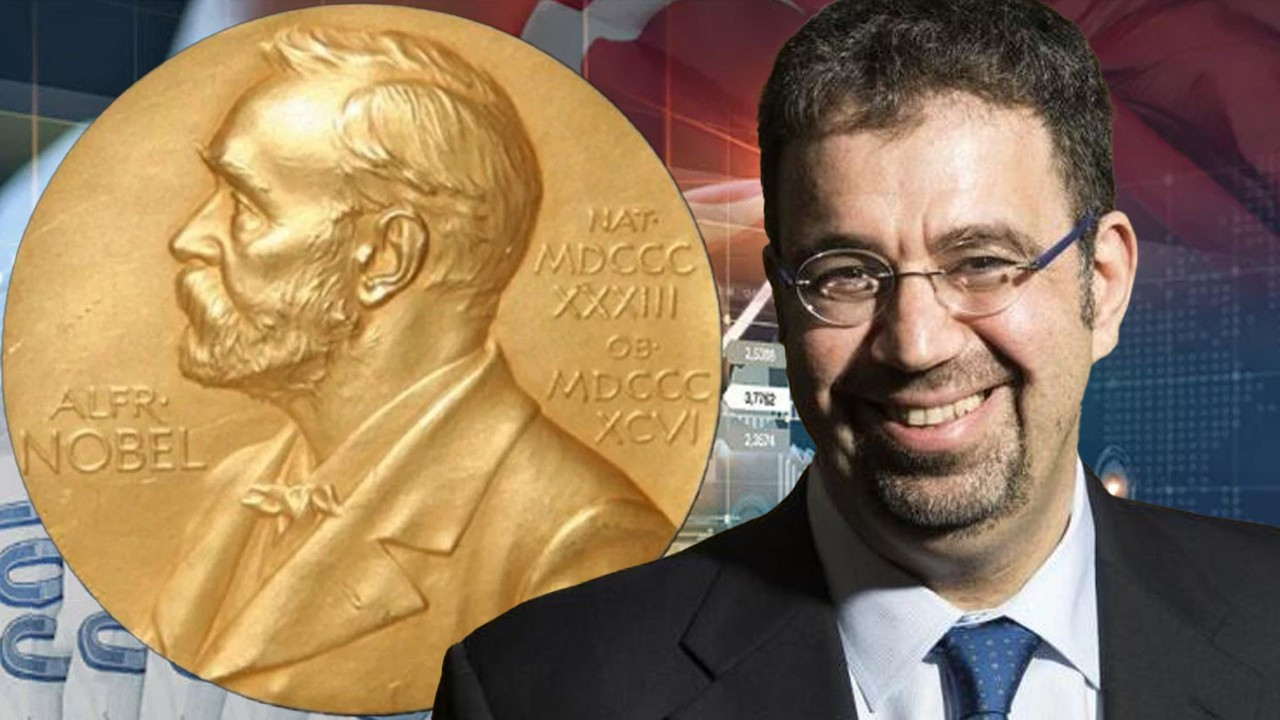The research the Nobel Prize was awarded to.
The research the Nobel Prize was awarded to.
By Orçun Göktürk, Beijing / China
While Daron Acemoğlu is highly respected in the field of economics, especially in the West, his economic prescriptions and historical understanding, when examined in depth, serve to legitimize the global neoliberal order and conceal mechanisms of imperialist exploitation. Acemoğlu’s neoliberal perspective highlights concepts like the “rule of law,” “democracy,” and “human rights,” which have been hollowed out by the United States and have paved the way for imperialist intervention, while the mechanisms of global exploitation and especially the role of American imperialism are obscured. This is where the historical role of figures like Acemoğlu lies.
The Nobel Prize in Economics awarded to Acemoğlu also reveals that these awards are not distributed solely on the basis of “merit” but are ideologically selective, favoring academics who support neoliberalism and Western interests. In this context, Acemoğlu stands out as the “spokesperson of the neoliberal creed” and the West’s “economic enforcer.” The Nobel Committee’s preferences in the social sciences confirm that the Nobel Prize serves as one of the ideological tools maintaining Western hegemony.
The ‘Fall of Nations’ and the concealment of the exploitation system
The book Why Nations Fail, co-authored by Acemoğlu and Robinson, attempts to offer a framework that attributes the economic successes or failures of countries to the structure of their institutions. Acemoğlu emphasizes that the primary cause of economic development is “inclusive institutions,” and attributes failures in what he defines as “exceptions” to the absence of these institutions. This narrative falls short of responding to deep-rooted critiques of imperialist exploitation relations, the core-periphery theory, and dependency theory.
Theories that study imperialist exploitation argue that developing countries have become structurally dependent on the global capitalist system, and that the main reason these countries cannot achieve economic development is this dependency. However, Acemoğlu and Robinson ignore these structural dependency relationships and reduce the problem of economic backwardness solely to mismanagement and weak institutions. According to them, the primary reason why countries fail is the existence of “extractive institutions.” But this approach overlooks the determining role of the West in the economic system and the mechanisms of imperialist exploitation. Naturally, countries like China, which have shown miraculous economic and social development in recent years, cannot be explained by Acemoğlu’s theory. According to him, China does not have Western-style institutions, law, or institutional structures and is classified among “despotic states.” Despotic states can never have a development trajectory like the West. So, where should we place China’s development? Acemoğlu does not even dare to venture into this area, as there is no explanation for it in his vocabulary.
The reality that imperialist hegemony has left developing countries economically backward due to their dependence on the West over the past 200 years—from Latin America to Asia and Africa—is absent from the agenda of thinkers like Acemoğlu. Acemoğlu instead conceals this truth with neoliberal discourses like “governance” and the “rule of law.” According to the book’s claims, economic failure is solely the result of these institutional deficiencies, and external factors, especially Western imperialist interventions, are disregarded.
The tools of imperialism: Law and democracy
Acemoğlu and Robinson’s emphasis on concepts such as law, democracy, and human rights in Why Nations Fail is, in fact, a rhetorical tool used by the West to maintain its hegemony. The discourse of democracy and human rights serves as the foundation for strengthening a neoliberal order that serves the interests of international capital, while U.S. political interventions around the world are rarely criticized. U.S. military operations in the Middle East and coups in Latin America have made these countries economically and politically dependent on the West. Acemoğlu especially avoids criticizing these kinds of global interventions. The question of why non-Western countries are left behind is largely explained by “institutional deficiencies” and the absence of “inclusive institutions.” However, the role of imperialist interventions in weakening institutional structures and destroying political independence in these countries is ignored. While Acemoğlu defends the continuity of the neoliberal order through concepts like the rule of law and democracy, he produces a discourse that serves to protect the economic and political interests of the West.
The academic spokesperson of neoliberalism
With his theory supporting the global economic order of the West, Acemoğlu has, in effect, taken on the role of an “economic enforcer.” The Western-centric capitalist system is one that economically holds developing countries back and traps them in a cycle of colonial dependency. Instead of questioning this dependency relationship, Acemoğlu blames countries’ internal institutional structures, rendering the real issue invisible.
With a perspective that belittles nation-states, Acemoğlu advocates for states to adopt more “liberal” policies in order to pave the way for globalization. This is a discourse that serves the interests of the capitalist class. Particularly, by ignoring U.S. economic and military interventions, the ideological foundation of Western dominance in the world is reinforced.
The mask of neoliberal discourse
In his career “crowned” with a Nobel Prize, Daron Acemoğlu has assumed the role of the academic spokesperson and economic enforcer of neoliberalism. His work presents an ideological discourse that supports the global capitalist order of the West and suppresses independent development efforts. The deliberate disregard of dependency theory and the concealment of global exploitation mechanisms is a fundamental flaw in Acemoğlu’s theories. The ultimate goal is to construct the “internal dynamics” of development and underdevelopment while concealing imperialist exploitation and dependency relationships. The Nobel Prize has become part of the effort to sustain Western hegemony by rewarding neoliberal academics like Acemoğlu.
References
Acemoğlu, Daron, and James A. Robinson. Why Nations Fail: The Origins of Power, Prosperity, and Poverty. Crown Publishers, 2012.
Cardoso, Fernando Henrique, and Enzo Faletto. Dependency and Development in Latin America. University of California Press, 1979.
Frank, Andre Gunder. “The Development of Underdevelopment.” Monthly Review 18, no. 4 (1966): 17-31.
Galeano, Eduardo. The Open Veins of Latin America: Five Centuries of the Pillage of a Continent. Monthly Review Press, 1973.
















Leave a Reply